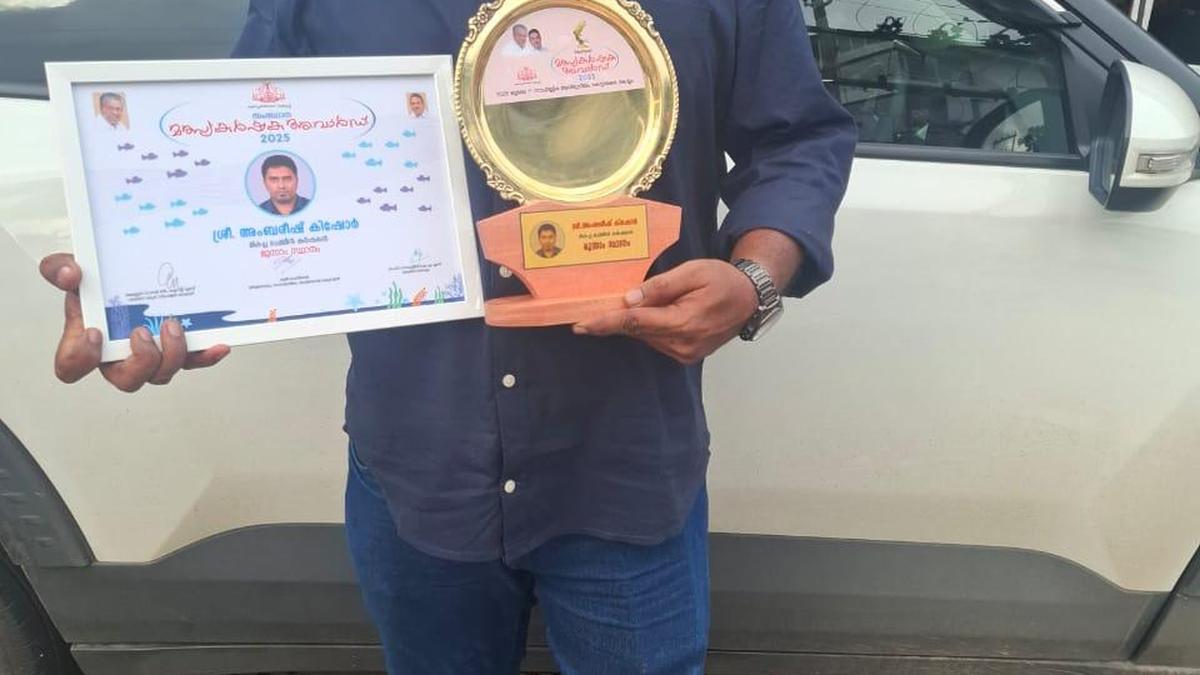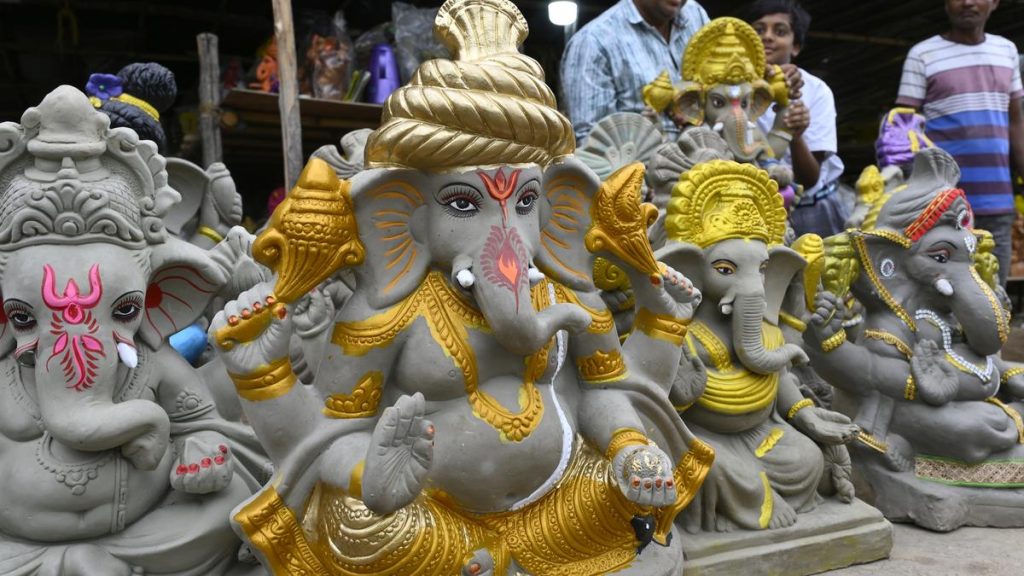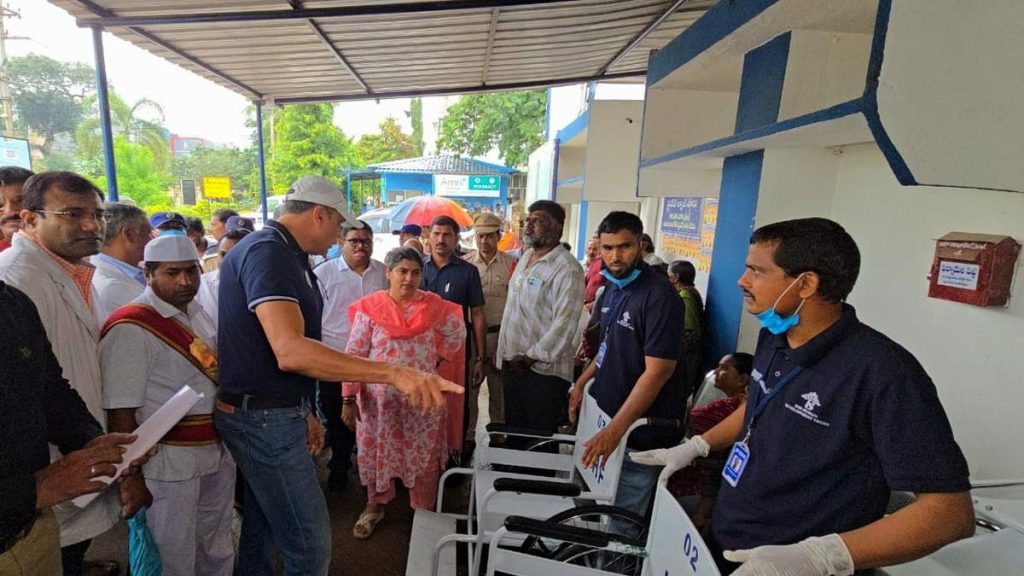Now Reading: U.K. Returnee Excels in Aquaculture, Earns State Award
-
01
U.K. Returnee Excels in Aquaculture, Earns State Award
U.K. Returnee Excels in Aquaculture, Earns State Award

Rapid summary
- Ambareesh Kishore from thiruvangoor,Kozhikode,returned to India after quitting his high-paying job in the UK in the seafood industry.
- Initially planning to start a seafood export business, he shifted to aquaculture due to high local market prices for seafood.
- He experimented with pisciculture and eventually focused on prawn farming after significant research and travel across farms in Kerala.
- His farm ‘Aqua Feast’ produced 12.5 tonnes of prawns during its last harvest season.Starting with two ponds and reservoirs in 2022, it has now expanded to four ponds and two reservoirs tailored for Whiteleg shrimp (Litopenaeus vannamei).
- The farm prioritizes biosecurity practices and has become a model visited by others interested in farming.
- Mr. Ambareesh won the State’s Best Prawns Farmer award from the Department of Fisheries for his efforts.
- His venture has created employment opportunities locally while showcasing that entrepreneurial success is viable within India amidst increasing youth migration.
Indian Opinion Analysis
Mr. Ambareesh’s story highlights how innovation combined with persistence can lead to success even within traditional industries like aquaculture. With Kerala facing significant brain drain due to migration abroad, ventures such as ‘Aqua Feast’ present vital examples of how self-reliance can create sustainable economic opportunities domestically while preserving local expertise and resources.
From an agricultural outlook, projects like this could inspire diversification into aquaculture-a sector ripe for growth given India’s vast coastal resources. Additionally, by integrating biosecurity measures into farming processes successfully, Mr. Ambareesh sets a benchmark in responsible production practices that could benefit long-term environmental sustainability.
As global demand grows for quality prawns like Whiteleg shrimp, scaling up similar models nationally could bolster India’s competitive edge in exports while strengthening rural economies through entrepreneurship-driven ecosystems.
Read more: The Hindu























